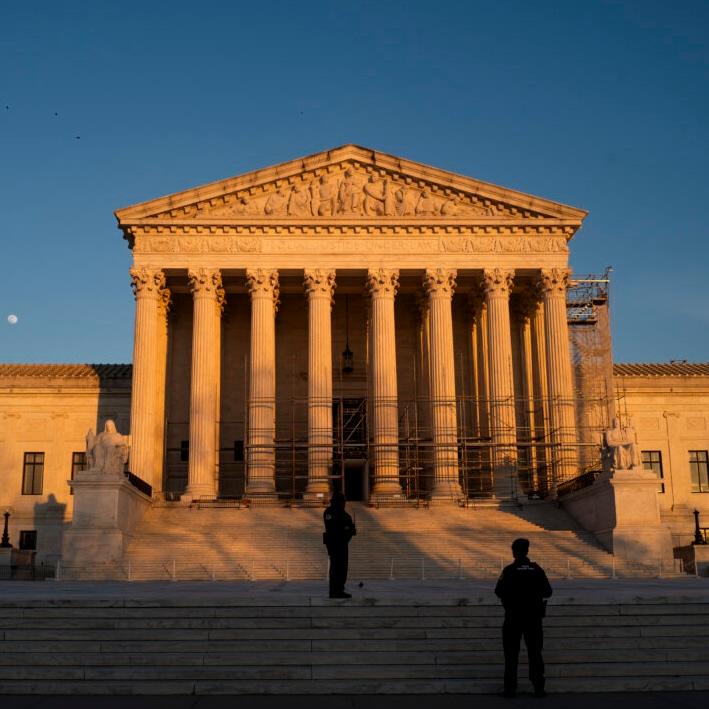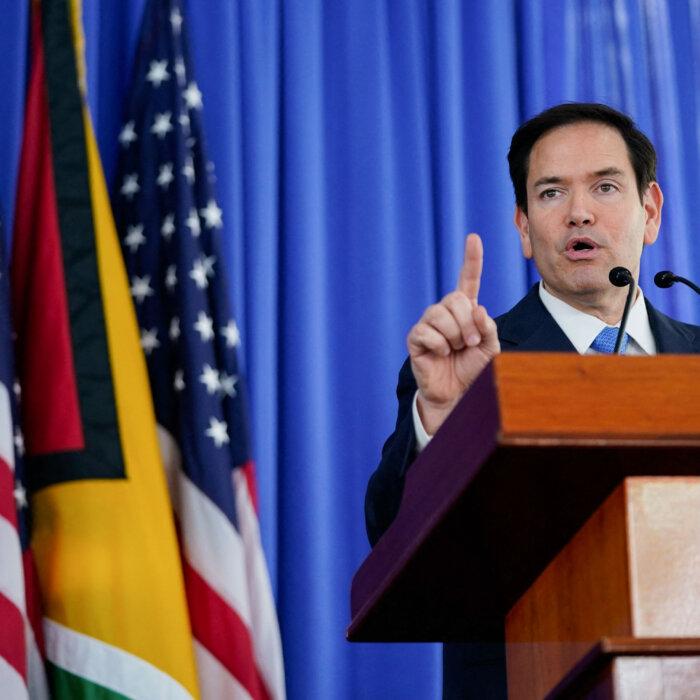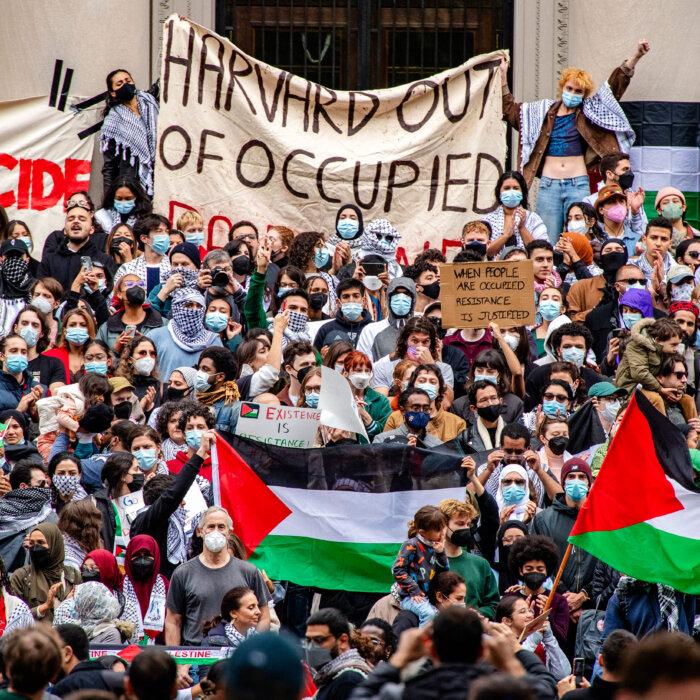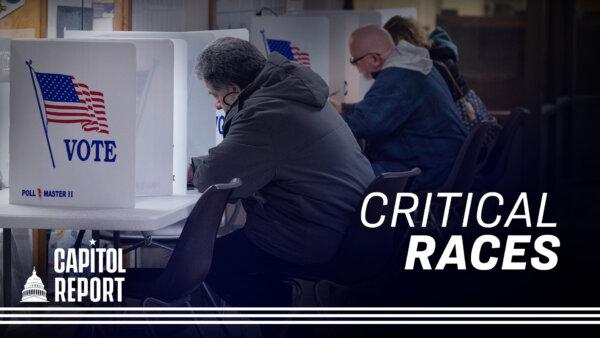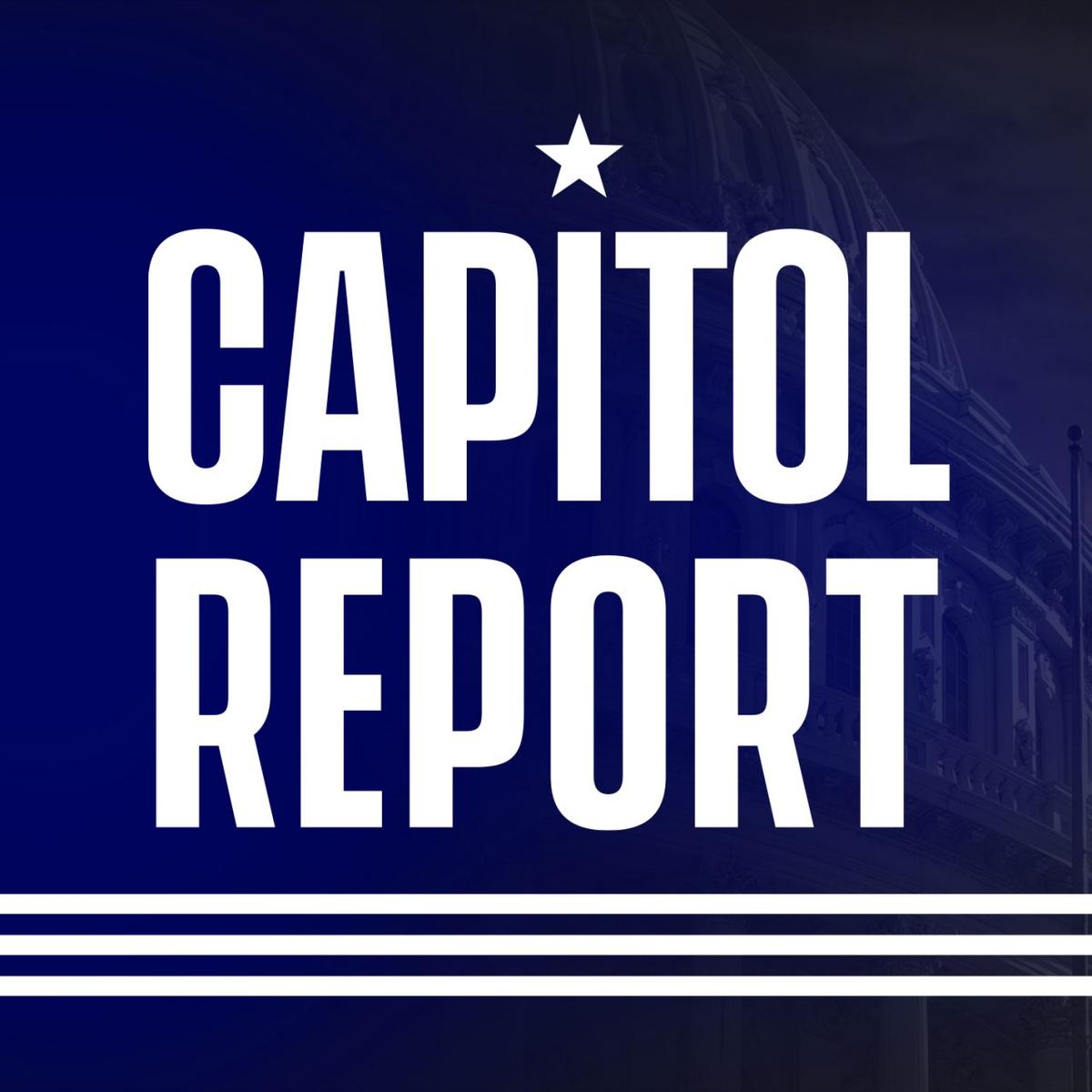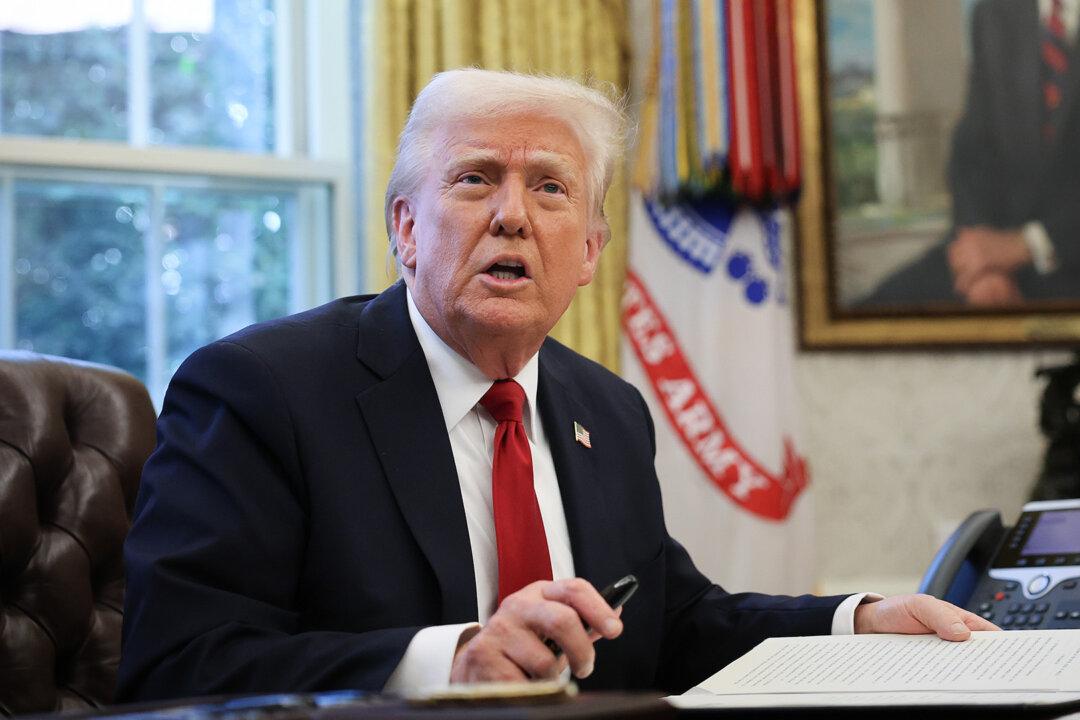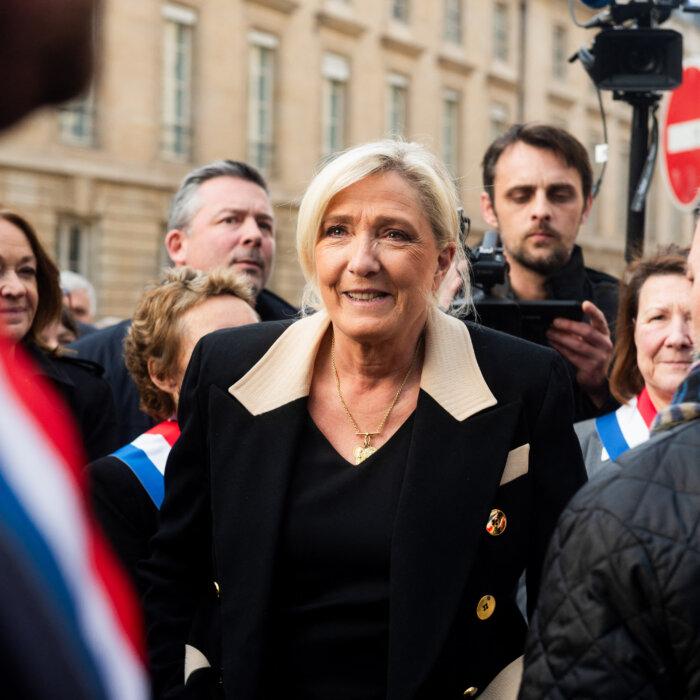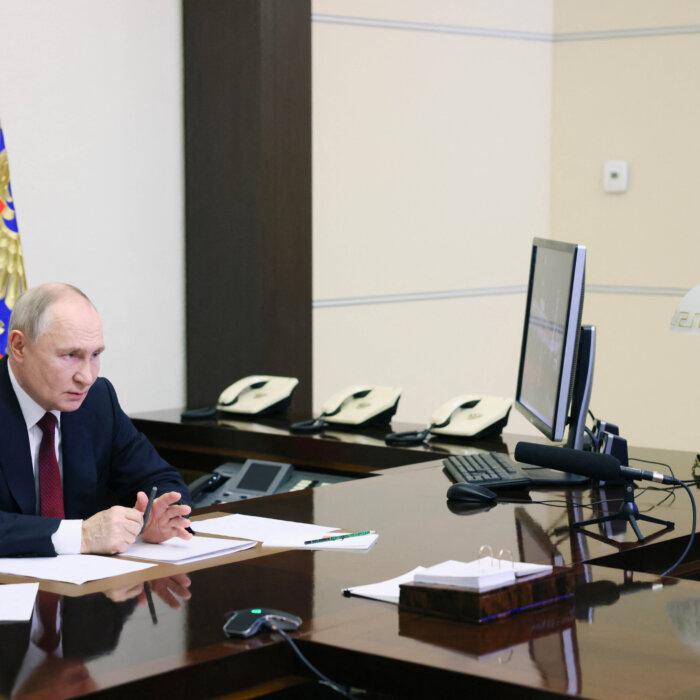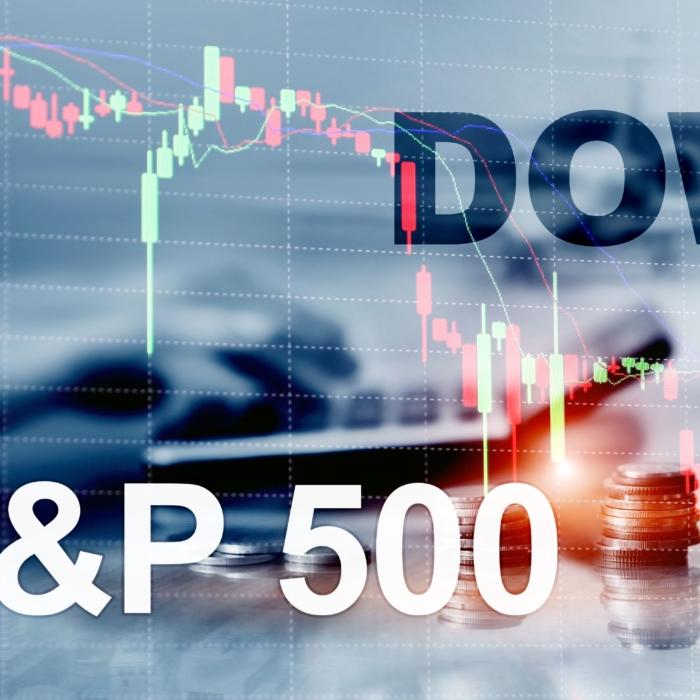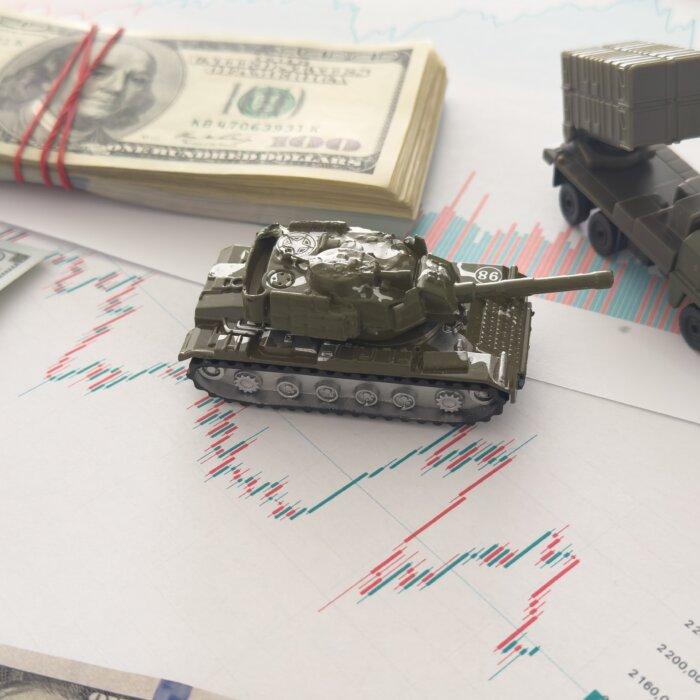Court Halts Trump Admin’s Move to Revoke Protected Status of Venezuelans
Judge says the plaintiffs have shown a likelihood of success in demonstrating that DHS Secretary Kristi Noem’s actions are ‘unauthorized by law.’

A Heartbreaking, Inspiring Retelling of the Chosin Reservoir Withdrawal
Brutal and graphic, Joseph Wheelan’s ‘The Farthest Valley’ is a necessary work of one of America’s most heroic military moments.

A Teriyaki Stir-Fry for an Easy Weeknight Dinner
Salmon and vegetables get a boost of flavor from a sweet and savory homemade teriyaki sauce.

24 Hours in Lisbon
Portugal’s capital, with its off-the-beaten-path vibe, maritime history, and delicious food, invites exploration.
Most Read
Top Stories
Trump Has Called April 2 ‘Liberation Day’—What’s Happening?
After weeks of anticipation, the White House is ready to unveil Trump’s reciprocal tariff plans.
China’s Role in US Fentanyl Crisis Directed by Regime Leadership, Expert Says
Insiders say fentanyl is at the core of the Chinese Communist Party’s bid to take revenge on the West, and America makes a perfect enemy.
As Wisconsinites Vote Early, Anti-Musk Protesters Seek Victory in Supreme Court Election
Musk is traveling to the battleground state ahead of the April 1 election, which pits Republican-backed Brad Schimel against Democrat-backed Susan Crawford.
Maine Gets Final Warning on Males in Female Sports
The U.S. Education Department says failure to exclude boys and men from female sports could result in the Justice Department initiating enforcement proceedings.
State’s Bid to Cut Medicaid Funding to Planned Parenthood Hits Supreme Court
The court’s ruling could deal a blow to the abortion provider or widespread efforts to strip its government funding.
Trump Says Agency Heads Will Work With DOGE After Elon Musk Leaves
The president on Monday provided an update on DOGE and Musk.
Voters Head to Polls in 3 Key Elections in Florida, Wisconsin: What to Watch For
The races could decide the future composition of the House of Representatives and are being slated as a referendum on Trump’s term so far.
Senate Democrats Seek to Undo Trump’s Tariffs on Canadian Goods
‘These tariffs, I think, are hopefully temporary,’ Senate Majority Leader John Thune said.
Democratic Voters in Pennsylvania Say They Want Unity, Fresh Approach From National Party
While Democrats won a crucial state Assembly special election on March 25, some Keystone State Democratic voters say they worry about leadership in Washington.
DOJ Says ‘Administrative Error’ Resulted in Deportation of Gang Member
The deportation took place on March 15.
Senate Judiciary Chair Introduces Bill to End Nationwide Injunctions
The bill seeks to limit injunctive relief to parties before the court.
▶Everything About Shen Yun Is ‘Glorious and Divine,’ Says Singer
On March 26, Shen Yun Performing Arts showcased ancient Chinese culture through a performance of classical Chinese dance, music, and storytelling.
Trump Confirms Upcoming Trip to Saudi Arabia, Qatar, and UAE
The trip to Saudi Arabia is expected to focus on the country’s possible investments in the United States.
Argentina’s Poverty Rate Plunges in Boost for President Milei
The figure has dropped from 52.9 percent in the first half of 2024 to 38.1 percent in the latter half of last year.
DNC, Schumer Sue Trump Over Order Targeting Illegal Immigrant Voting
The order is unconstitutional, Democrats allege.
Beijing Carries Out Military Drills Near Taiwan and Warns Against Independence
An aircraft carrier battle group joined large-scale military drills around the waters and airspace of the island.
Tracking Trump’s High Level Appointments, Senate Confirmations
The Senate is undertaking the confirmation process for the president’s new administration.
Tesla Firebombing Suspect Hit With Federal Charges
The arrest of the 24-year-old male comes amid a wave of violent attacks targeting Tesla properties.
What to Know About Trump Admin’s Actions Against Certain Law Firms
While one has negotiated a deal with the White House, three other firms have filed lawsuits in federal court.
‘The Penguin Lessons’: A Man, a Bird, and a New Perspective
A teacher comes to a boarding school to escape his past in this entertaining and deeply moving film.
Special Coverage
Special Coverage




















































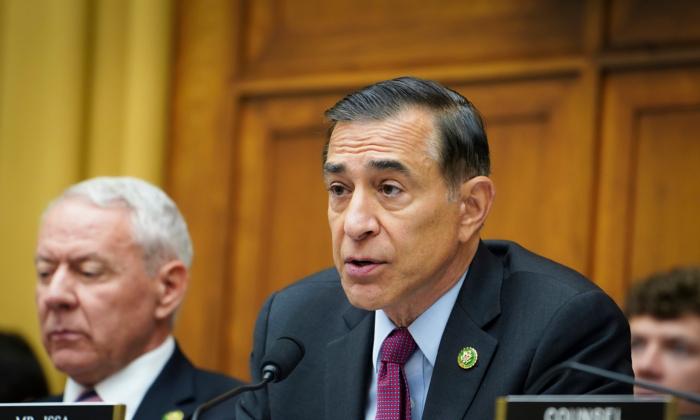
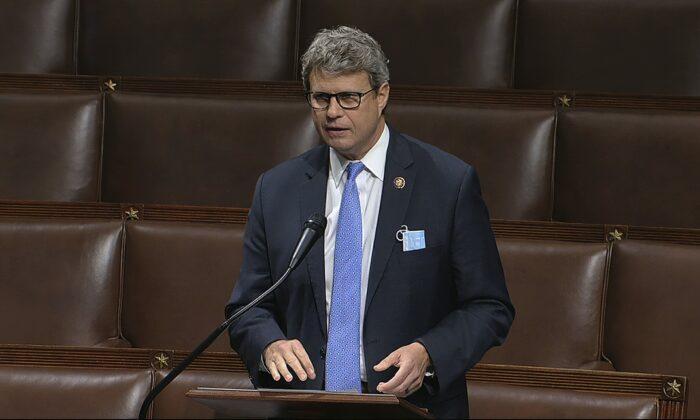






![[PREMIERING 4/1, 9PM ET] Whistleblower Reveals Shocking UN Corruption: Emma Reilly](https://www.theepochtimes.com/_next/image?url=https%3A%2F%2Fimg.theepochtimes.com%2Fassets%2Fuploads%2F2025%2F03%2F31%2Fid5834635-250328-ATL_Emma-Reilly_HD_TN-600x338.jpg&w=1200&q=75)






